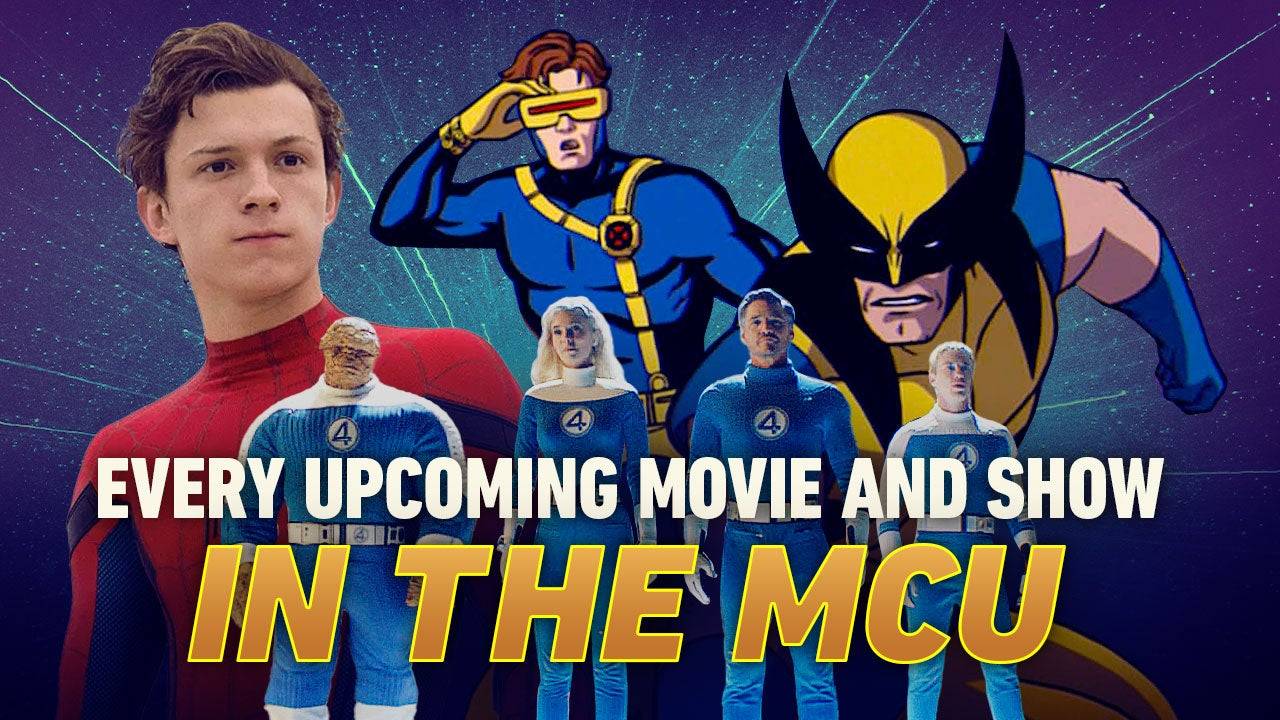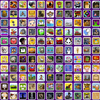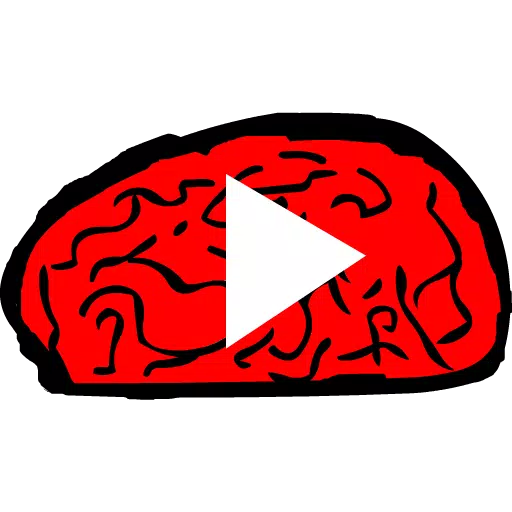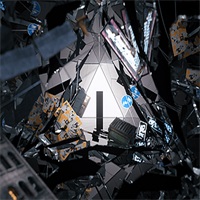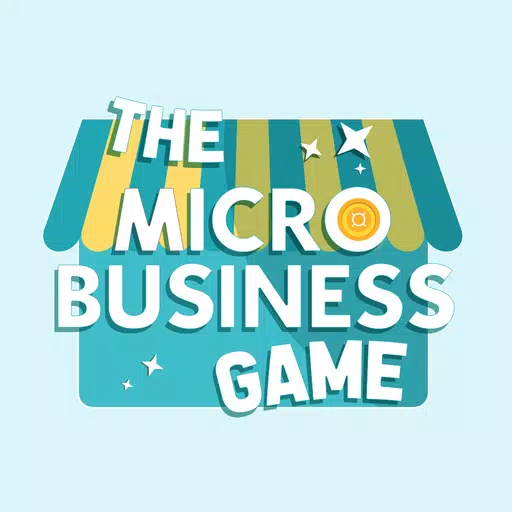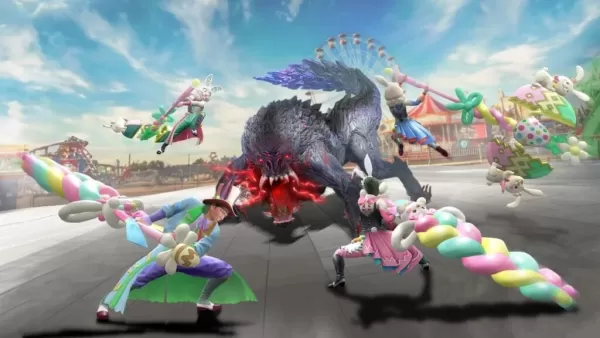How Doom’s Combat Evolves Alongside Modern Metal Music
Doom's enduring legacy is inextricably linked to the raw energy of metal music. A single note from any Doom soundtrack, or even a glimpse of its demonic imagery, instantly evokes this connection. The series' signature blend of flames, skulls, and hellish creatures mirrors the aesthetic of countless Iron Maiden concerts. This symbiotic relationship between Doom and heavier music has evolved alongside the gameplay, with both undergoing multiple reinventions over the past three decades. From its thrash metal origins, Doom has explored various metal subgenres, culminating in the crushing metalcore of Doom: The Dark Ages.
The original 1993 Doom drew heavily from late 80s and early 90s metal giants. Co-creator John Romero cited Pantera and Alice in Chains as major influences, a clear presence throughout the soundtrack. "Untitled," the track for E3M1: Hell Keep, features a riff remarkably similar to Pantera's "Mouth of War."
Doom: The Dark Ages - Gameplay Screenshots
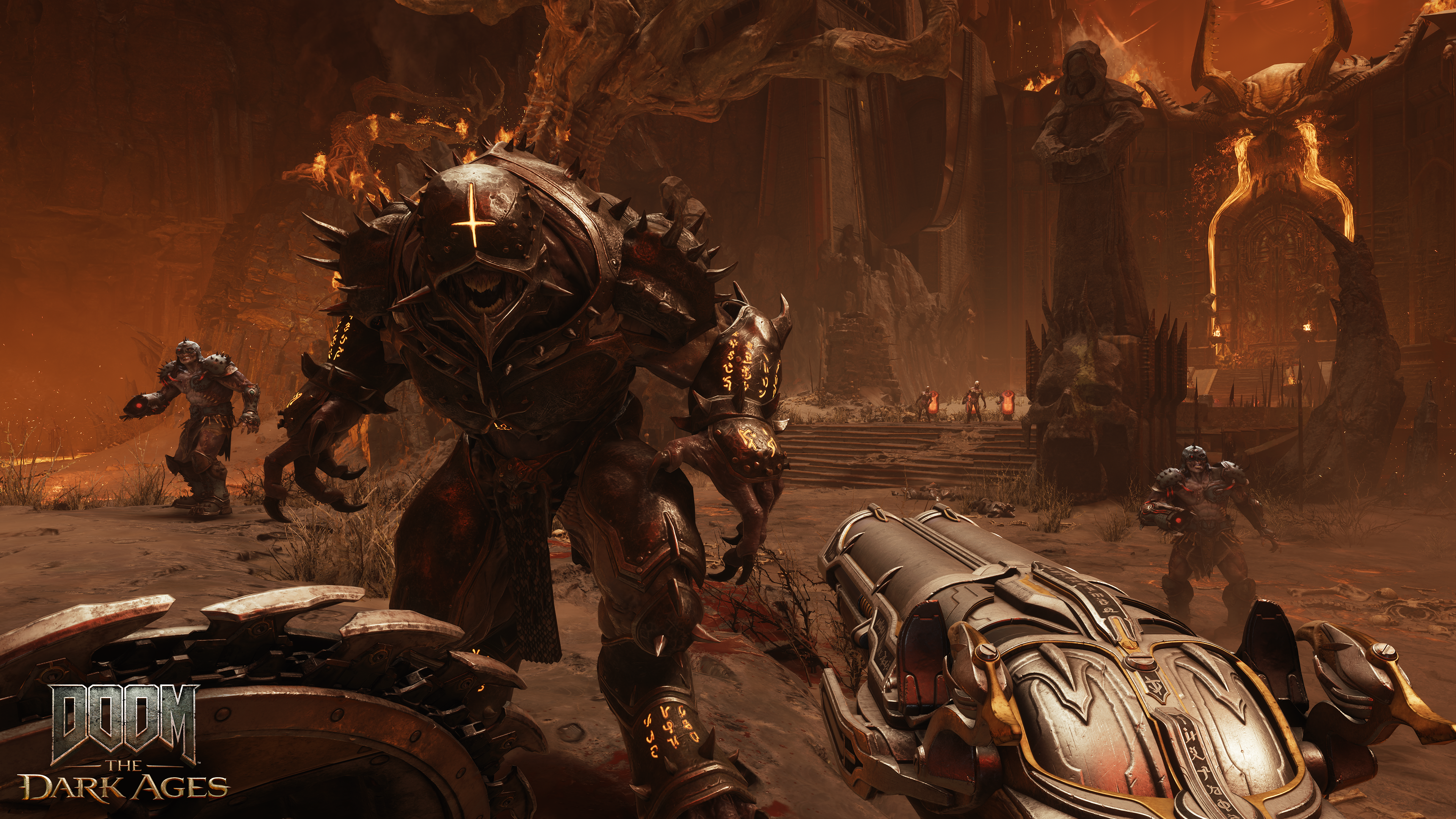
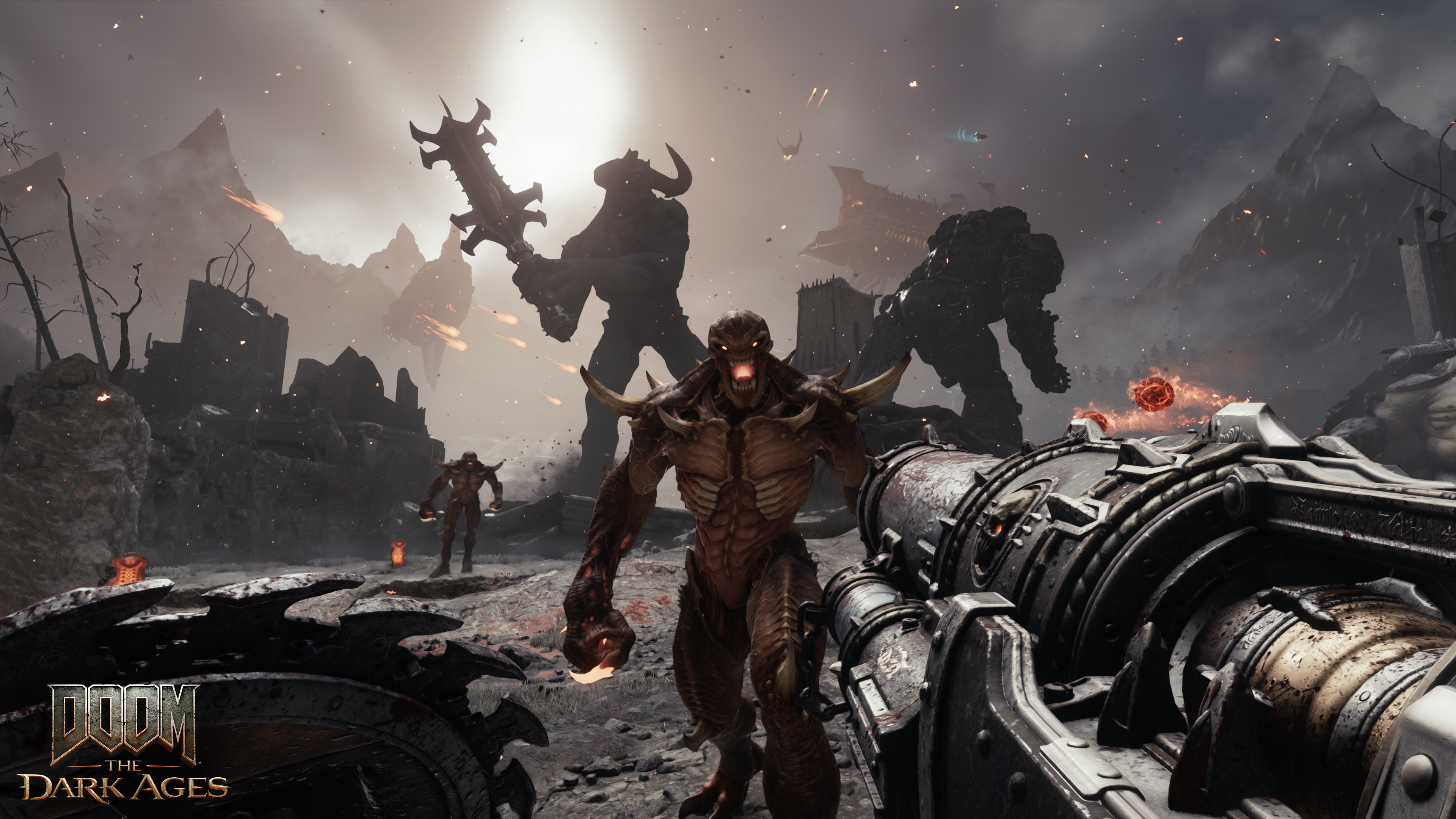
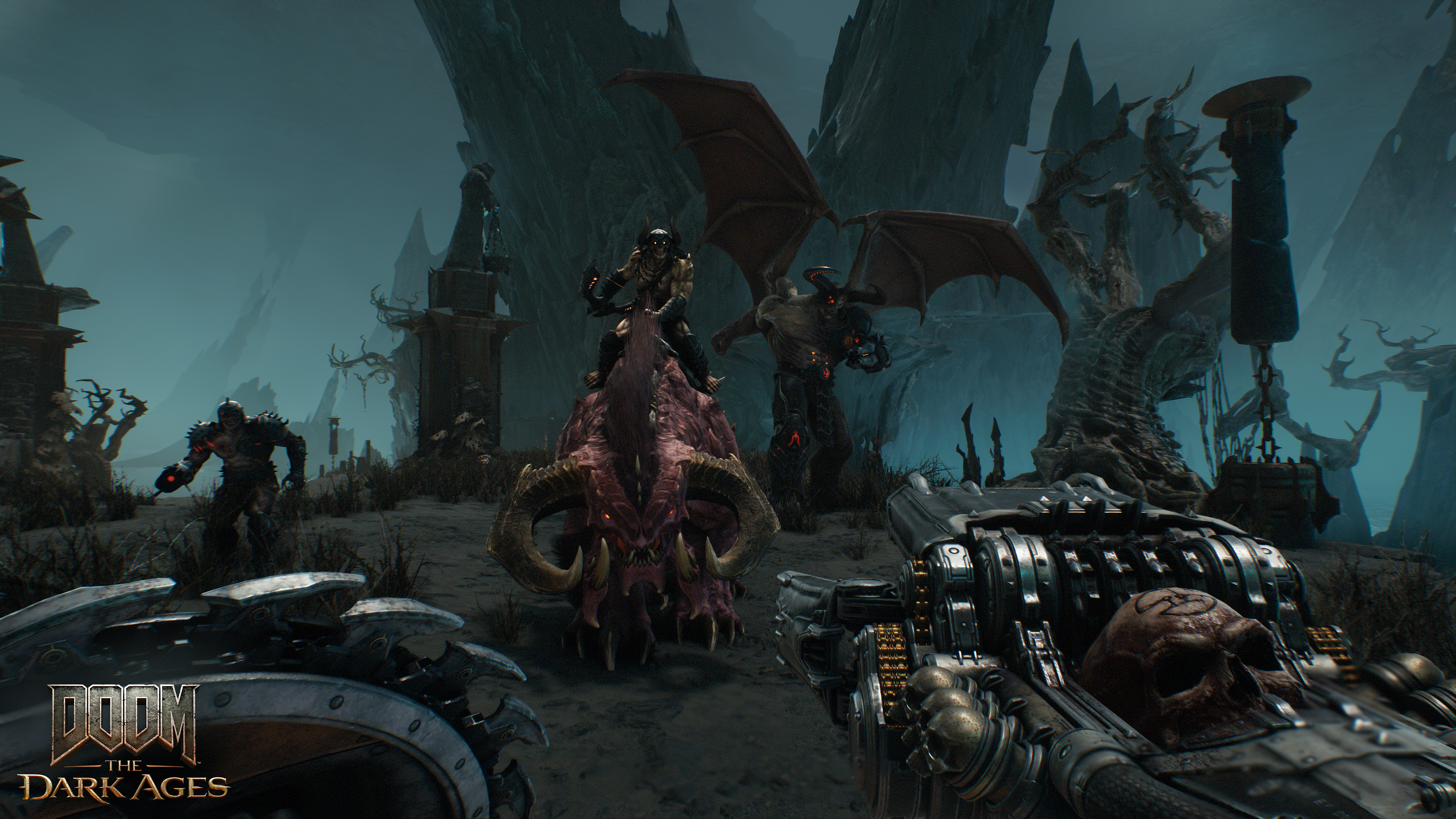
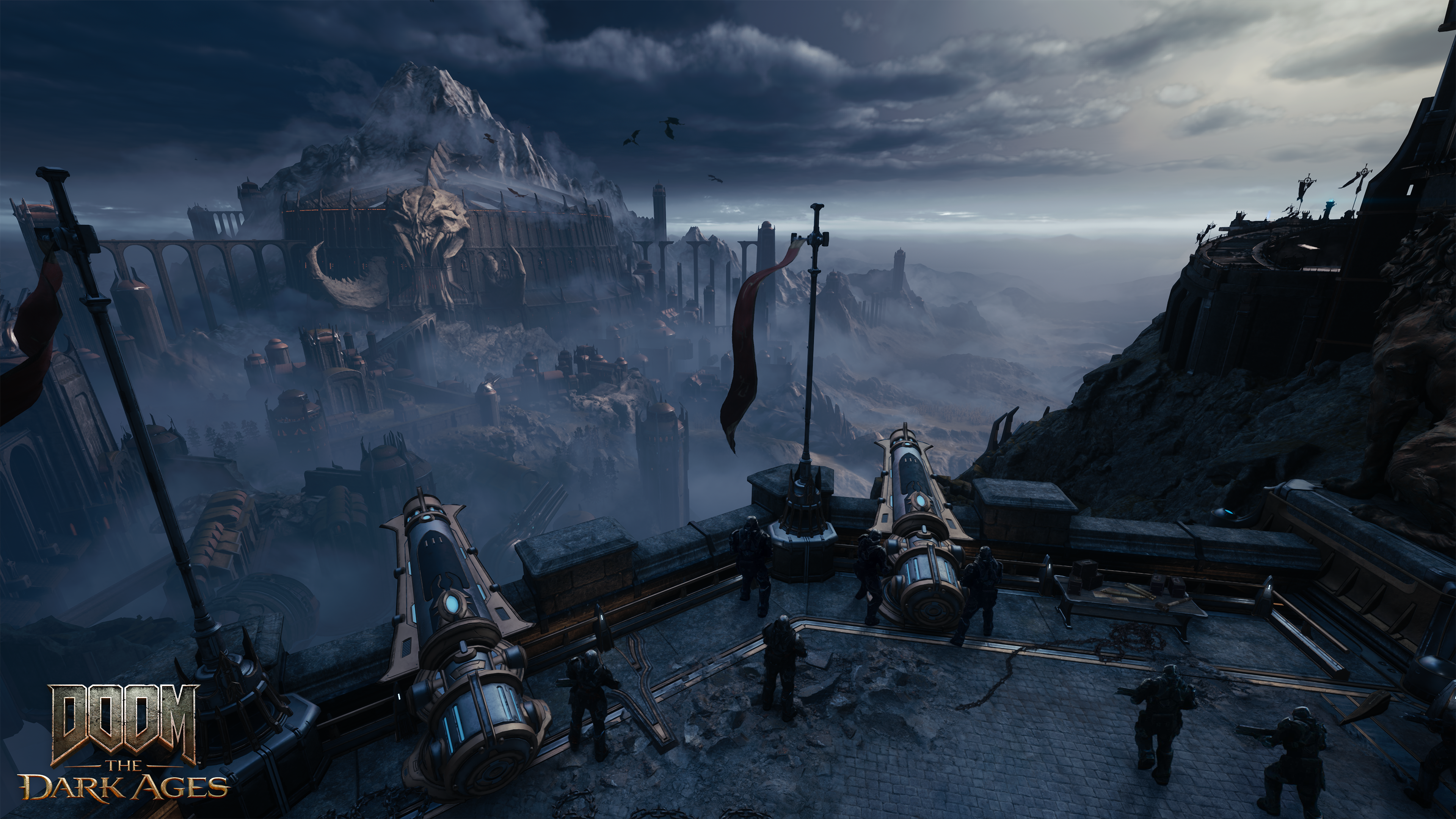
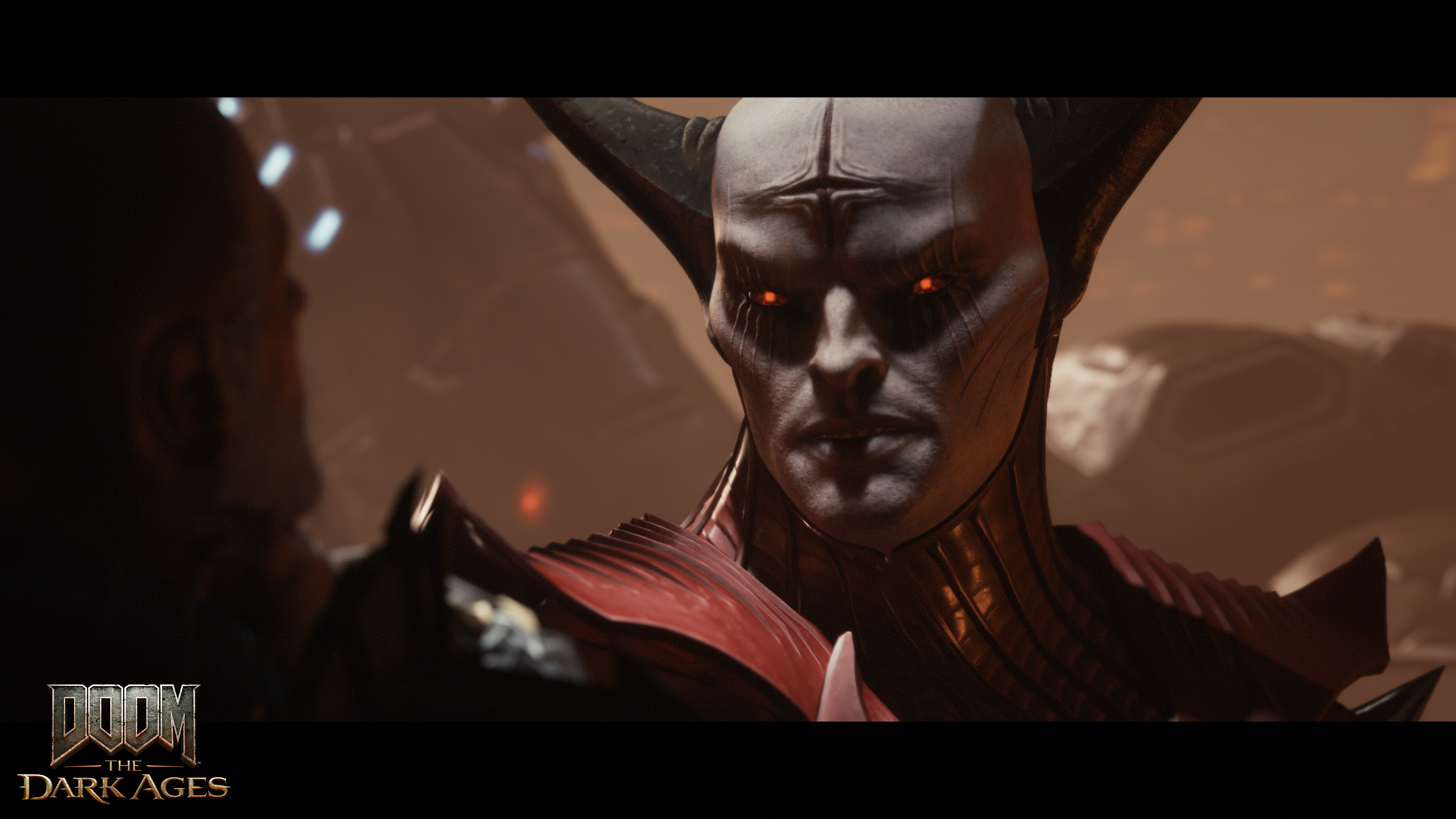
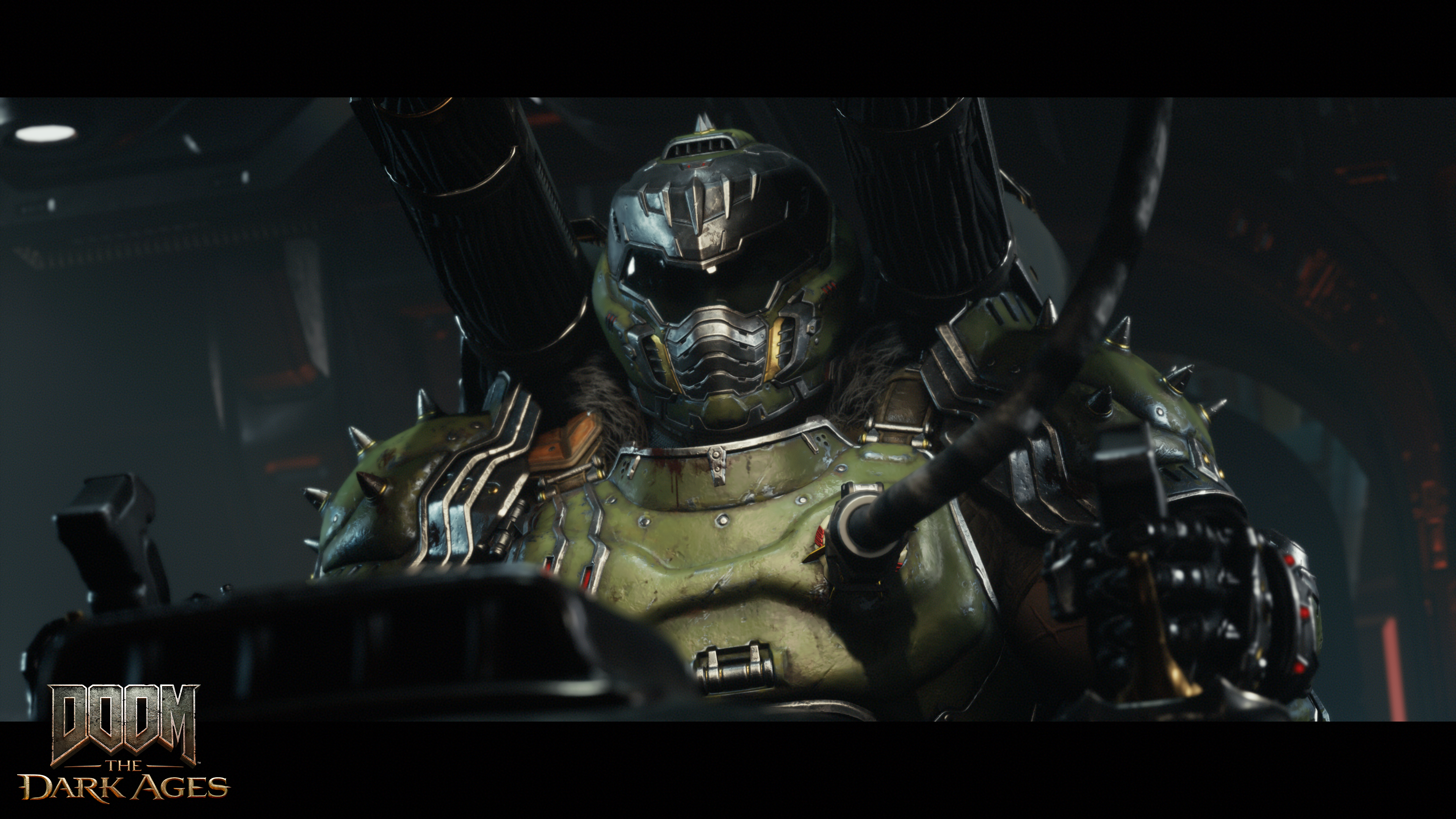
The broader Doom soundtrack incorporates thrash metal elements reminiscent of Metallica and Anthrax. This driving sound propelled players through Mars' corridors, seamlessly blending demonic encounters with the frenetic pace of the gameplay. Thrash's raw urgency mirrored the game's shotgun-fueled intensity. Composer Bobby Prince's timeless score perfectly complements the game's iconic gunplay.
For over a decade, Doom maintained this musical style. Then, in 2004, the experimental Doom 3 emerged. This survival horror-inspired iteration took risks, some more successful than others. The controversial flashlight mechanic, hindering simultaneous shooting, proved antithetical to the Doom experience, ultimately removed by modders and a later re-release. However, Doom 3 undeniably pushed boundaries. Its slower pace demanded a new sonic landscape, leading id Software to explore different inspirations.
Doom 3's main theme could easily be a Tool b-side. While Trent Reznor's involvement was initially considered, Chris Vrenna (former Nine Inch Nails member) and Clint Walsh ultimately composed the soundtrack. Their work echoes Tool's signature sound, with the main theme fitting seamlessly into the Lateralus album. Its complex time signatures and unsettling atmosphere perfectly matched the game's horror-tinged sci-fi setting.
Although a commercial success for id Software, Doom 3's survival horror elements are now viewed as an outlier in the series. This isn't surprising; the early 2000s saw FPS games evolve rapidly, with Call of Duty and Halo ushering in the console shooter era. Doom's transformation mirrored these changes. Similarly, metal music was in flux; amidst the rise of Slipknot and Deftones, the fallout from nu-metal's explosion was still playing out. While Limp Bizkit or Mudvayne might have been intriguing influences, the Tool-inspired direction proved the right choice for Doom 3's soundtrack. It's not a classic on the level of Lateralus, but it's a fitting, unsettling score for its unique tone.
Years passed before a new Doom entry. After abandoning a Call of Duty-influenced Doom 4, id Software realized a complete overhaul was necessary. The 2016 reboot triumphantly returned to the series' roots. Directors Marty Stratton and Hugo Martin spearheaded the Slayer's return to Mars, embracing the momentum of the original. The soundtrack, composed by Mick Gordon, layered sub-bass frequencies with white noise, creating a visceral experience even Meshuggah might find bass-heavy.
Doom 2016's soundtrack, a djent masterpiece, perfectly matched the game's breakneck pace. It's considered one of the greatest video game scores, possibly surpassing the original. The challenge, after creating a masterpiece like "BFG Division," was clear: where to go next?
Mick Gordon returned for Doom Eternal (2020), but behind-the-scenes issues resulted in a soundtrack with less of his direct involvement than initially planned. The exact details remain unclear, with conflicting accounts regarding the final mix. However, Gordon's influence is undeniable, with tracks evolving from Doom 2016's sound while incorporating a more modern edge. Eternal leans further into metalcore, the dominant metal genre of the late 2010s and early 2020s. This isn't coincidental; around Eternal's release, Gordon worked with prominent British metalcore bands like Bring Me the Horizon and Architects.
Gordon's production style is evident in these bands' music, particularly in Bring Me the Horizon's Post Human: Survival Horror (itself filled with video game references). Eternal's score reflects this influence, with crushing breakdowns and electronic elements. While undeniably heavy, it's slightly less raw than its predecessor, mirroring Eternal's gameplay with its platforming and puzzle elements.
While Doom 2016 remains my personal favorite, Eternal is excellent. Similar to the metalcore bands that inspired its soundtrack, I prefer their earlier, rawer work. Architects' All Our Gods Have Abandoned Us (2016) is my favorite metal album, a powerful work that mirrors Doom 2016's impact. Eternal, while excellent and adventurous, doesn't resonate quite the same way. Sometimes, less is more, though many would disagree.
Doom: The Dark Ages occupies a fascinating position. The recent Xbox Developer Direct showcased its revamped combat. Following historical precedent, it needs a fitting soundtrack. While only snippets are available, composers Finishing Move (Borderlands 3 and The Callisto Protocol) appear to draw inspiration from past and present metal, mirroring the game's blend of classic Doom with new twists.
The Dark Ages features a slower pace than Eternal's frenetic platforming, utilizing a Captain America-esque shield that encourages direct confrontation. This mirrors the original Doom's corridor-based combat, but on a grander scale, incorporating massive mechs and fire-breathing dragons.
This requires a versatile soundtrack—heavy yet agile, reflecting the game's diverse combat. The heavier elements are reminiscent of Knocked Loose, with seismic breakdowns and half-time sections. This is balanced by thrash-inspired moments echoing the original Doom and earlier metal with fantastical, medieval themes.
While the full scope of The Dark Ages remains unseen, id Software appears to be building upon past successes, both within and outside the Doom series. The addition of mythological creatures and mechs is a welcome surprise, contrasting with the series' traditional ground-based combat. The influence of Titanfall 2 is also evident, extending beyond its signature mobility. This mirrors modern metal's evolution, with experimentation in electronic, hip-hop, or hyperpop elements (as seen in Bring Me the Horizon) or even reggaeton influences (Knocked Loose's "Suffocate").
It's an exciting time for both heavy music and Doom fans. The Dark Ages promises to excel in all areas, but combat will always be central to an id Software shooter. If Doom were a metal concert, combat would be the main act, and the soundtrack the demonic stage design. Based on what we've seen, Doom: The Dark Ages is poised to deliver a thrilling experience, potentially providing a new favorite metal album in May.
-
Clash Royale has finally introduced a major upgrade for the Inferno Dragon, nearly a decade after its initial release. The fiery Legendary card now boasts enhanced capabilities, with Supercell partnering with Finnish comedian Ismo Leikola for a speciAuthor : Natalie Dec 22,2025
-
HBO's Harry Potter TV series has reached a major casting milestone with the first six roles officially announced. While fans eagerly await reveals for Harry, Ron, Hermione, and Voldemort, we now know who will portray Albus Dumbledore, Minerva McGonagAuthor : Gabriel Dec 22,2025
- Spring Valley Farm Game: January 2025 Redeem Codes
- WWE Superstars Join Call of Duty Warzone: Mobile Roster
- Midnight Girl is a minimalist point-and-click adventure set in Paris in the 60s, now open for pre-orders on mobile
- Mobile Legends: Bang Bang – Best Lukas Build
- "Grand Outlaws Unleashes Chaos and Crime on Android Soft Launch"
- Video Game Song Surpasses 100 Million Streams on Spotify

